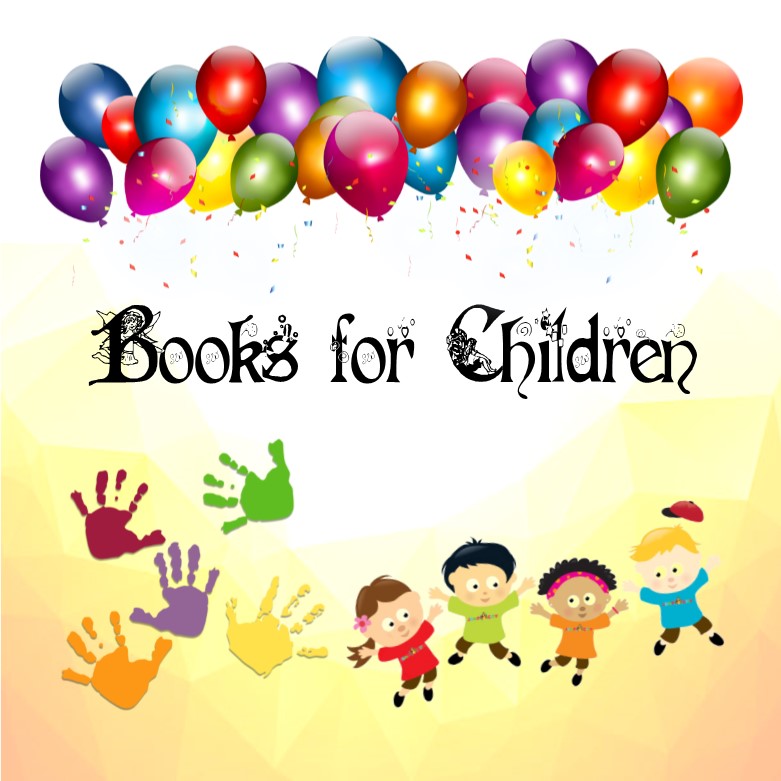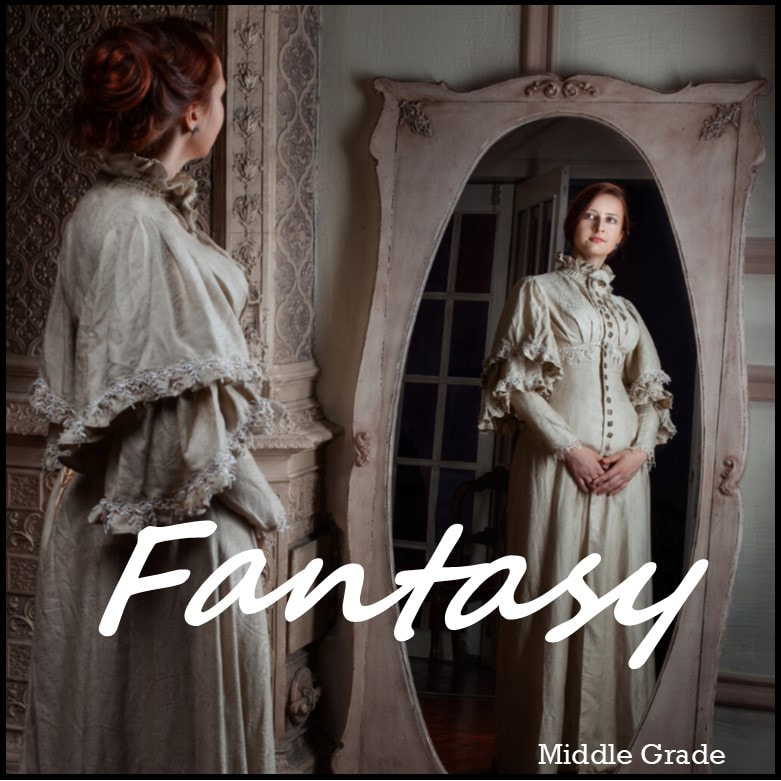
Writing is more than putting words on paper. It’s reaching into your innermost thoughts and feelings and expressing them in a way that entertains and enlightens the reader. It’s creating a place where someone can go to escape from reality for a little while. Your words can also educate or inspire or empower a person to see things in a different light.
Our words are powerful. They can do so much more than just entertain readers, especially the younger, more impressionable minds. Books can open children’s and teens’ eyes to experiences they have never dreamed of, discover places they have never been, and experience feelings their souls have not yet felt.
Everyone knows that reading to children is instrumental in their cognitive development. This practice aids in an essential part of brain development in the first three years of a child’s life. Reading to children from the earliest age enhances vocabulary and communication skills.
But that’s just scratching the surface.
At the same time, exposing our kids to books that help develop character and conscience is equally important. These stories are their first life lessons. Memorable characters will shape their perceptions in ways they carry throughout their lives.
That’s where we, as authors, come in.
For kids, concepts such as sharing, caring, honesty, kindness, individuality, gratitude, love, empathy, and so much more can be introduced at an early age in ways they’ll enjoy, accept, and adapt to their lives. Whether the books are read at home, during circle time at school, or at the library, life lessons will be absorbed into their open minds through the magic of storytelling.
The more books a child is exposed to, the more life they experience. Books not only introduce kids to the world around them but also help them connect with it. Stories can show kids they aren’t the only ones who’ve ever been afraid or sad. As authors, the words we write can bolster a child’s confidence and empathy as they realize others share the same feelings.
More difficult life lessons such as fear, death, and bullying are challenging for any aged child or adolescent to wrap their minds around. Parents, teachers, or other grown-ups can offer good, sound advice. However, it doesn’t make the same impression on young thinkers as a character in a story experiencing the same quandary. Reading about someone else making it through similar hardships allows the readers to deal with the difficult issue in the safety of their own home at their own pace. It can also open up a channel for conversation when they feel comfortable talking about it.
Another thing writers need to keep in mind — our words can help young people learn valuable life lessons without subjecting them to boring lectures. For instance, Coming of Age is a popular genre for middle-grade and teen audiences. These books usually cover a protagonist’s journey from adolescence to adulthood, focusing on his loss of childhood innocence as he matures. The plot generally revolves around inner conflict and turmoil that eventually results in personal growth.
Add in the part where parents suddenly become extremely stupid, and this genre portrays a teenager’s life to perfection. No wonder they relate so well with these books! A teen’s journey echoes the hero’s arduous quest.
Trials, challenges, temptations, and curiosity can sometimes overwhelm common sense, causing problems similar to the protagonist’s experiences. A few well-placed words of advice in the story can go a long way in guiding the reader over his own personal humps. Since the words of wisdom come from a fictional character, they don’t come across as a lecture. Back in my time, Yoda was a lot smarter than my parents. I never realized they were both saying the same thing until I got older.
It’s kind of scary to think that as authors, we have our very own superpower. Our words not only entertain our readers but can also influence their lives.
It doesn’t matter whether you write for kids, adolescents, or adults — books teach life lessons.
Our words help readers form identities and confirm values in a way no amount of preaching can ever achieve. Books build a bridge between experience, imagination, and emotion. Time spent reading is time invested in growing and maturing, creating a channel for the good things to enter — empathy, compassion, forgiveness, and love.
So put your superpower to good use and create books that inspire readers to be the best they can be.
Be sure to subscribe to the Sweet & Sassy blog, so you never miss out on any of our posts!
Our words are powerful. They can do so much more than just entertain readers, especially the younger, more impressionable minds. Books can open children’s and teens’ eyes to experiences they have never dreamed of, discover places they have never been, and experience feelings their souls have not yet felt.
Everyone knows that reading to children is instrumental in their cognitive development. This practice aids in an essential part of brain development in the first three years of a child’s life. Reading to children from the earliest age enhances vocabulary and communication skills.
But that’s just scratching the surface.
At the same time, exposing our kids to books that help develop character and conscience is equally important. These stories are their first life lessons. Memorable characters will shape their perceptions in ways they carry throughout their lives.
That’s where we, as authors, come in.
For kids, concepts such as sharing, caring, honesty, kindness, individuality, gratitude, love, empathy, and so much more can be introduced at an early age in ways they’ll enjoy, accept, and adapt to their lives. Whether the books are read at home, during circle time at school, or at the library, life lessons will be absorbed into their open minds through the magic of storytelling.
The more books a child is exposed to, the more life they experience. Books not only introduce kids to the world around them but also help them connect with it. Stories can show kids they aren’t the only ones who’ve ever been afraid or sad. As authors, the words we write can bolster a child’s confidence and empathy as they realize others share the same feelings.
More difficult life lessons such as fear, death, and bullying are challenging for any aged child or adolescent to wrap their minds around. Parents, teachers, or other grown-ups can offer good, sound advice. However, it doesn’t make the same impression on young thinkers as a character in a story experiencing the same quandary. Reading about someone else making it through similar hardships allows the readers to deal with the difficult issue in the safety of their own home at their own pace. It can also open up a channel for conversation when they feel comfortable talking about it.
Another thing writers need to keep in mind — our words can help young people learn valuable life lessons without subjecting them to boring lectures. For instance, Coming of Age is a popular genre for middle-grade and teen audiences. These books usually cover a protagonist’s journey from adolescence to adulthood, focusing on his loss of childhood innocence as he matures. The plot generally revolves around inner conflict and turmoil that eventually results in personal growth.
Add in the part where parents suddenly become extremely stupid, and this genre portrays a teenager’s life to perfection. No wonder they relate so well with these books! A teen’s journey echoes the hero’s arduous quest.
Trials, challenges, temptations, and curiosity can sometimes overwhelm common sense, causing problems similar to the protagonist’s experiences. A few well-placed words of advice in the story can go a long way in guiding the reader over his own personal humps. Since the words of wisdom come from a fictional character, they don’t come across as a lecture. Back in my time, Yoda was a lot smarter than my parents. I never realized they were both saying the same thing until I got older.
It’s kind of scary to think that as authors, we have our very own superpower. Our words not only entertain our readers but can also influence their lives.
It doesn’t matter whether you write for kids, adolescents, or adults — books teach life lessons.
Our words help readers form identities and confirm values in a way no amount of preaching can ever achieve. Books build a bridge between experience, imagination, and emotion. Time spent reading is time invested in growing and maturing, creating a channel for the good things to enter — empathy, compassion, forgiveness, and love.
So put your superpower to good use and create books that inspire readers to be the best they can be.
Be sure to subscribe to the Sweet & Sassy blog, so you never miss out on any of our posts!









 RSS Feed
RSS Feed